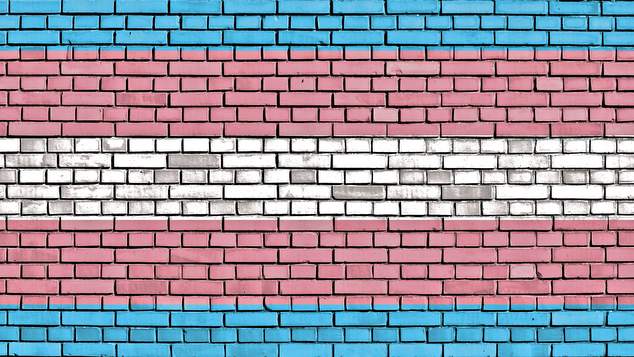
LGBTIQ+ advocacy group just.equal have written to national leader as part of an ongoing campaign calling for stronger workplace protections for trans, gender diverse and intersex Australians.
Spokesperson Brian Greig has told media the organisation has written to the Federal Minister and Shadow Minister for Industrial Relations, and the Secretary of the Australian Council of Trade Unions (ACTU) to push for federal reform.
“Currently, the FWA does not explicitly include gender identity or sex characteristics (intersex status) as grounds for claims of discrimination in employment,” the letter reads.
“The relevant provisions (sections 351 and 772, Fair Work Act 2009), cover sex and sexual orientation, but not gender identity or sex characteristics.”
“This is to the disadvantage of intersex, trans and gender diverse employees seeking to make claims of adverse action and unlawful termination.”
Greig says the Fair Work Act must explicitly and equally protect trans, gender diverse and intersex Australians from workplace discrimination.
“At a time when trans and gender diverse Australians face an upsurge in prejudice and discrimination, it is vital they have the same legal protections as other Australians.”
“The current discussion about industrial relations between the Government, businesses and unions is an ideal time to raise this.”
just.equal highlighted the gap in Australian protections last month, as the US Supreme Court ruled workplace discrimination on the basis of sexuality and gender identity is covered by the US Civil Rights Act of 1964.
Dr Charlie Burton, trans advocate and Equality Tasmania board member explains why Australia needs clearer language in the Fair Work Act to ensure equal protections for intersex, trans and gender diverse Australians.
“Anti-discrimination protections under the Fair Work Act are inadequate and do not ensure trans, gender diverse and intersex employees can seek redress with claims of adverse action and unlawful termination,” Dr Burton said.
“The Fair Work Act is clear in that it protects people on the basis of sex and sexual orientation, but it does not include gender identity or sex characteristics.”
While it could be interpreted that trans, gender diverse and intersex people are covered by the Fair Work Act via the Sex Discrimination Act under the umbrella of ‘sex’, advocates are concerned the language could be challenged without a clear definitions of gender identity and sex characteristics embedded within in the Fair Work Act.
“While these attributes are separately covered under the Sex Discrimination Act, the Australian Human Rights Commission can take much longer to conciliate, and enforcing outcomes may require action in the Federal Court at the risk of significant costs orders to the complainant,” Dr Burton continued.
“Trans folk should be allowed to access arbitration by the Fair Work Commission which would be quicker and usually a ‘no costs’ jurisdiction.”
“Women, lesbians, gay men and bisexual people have this choice, but it is denied to trans, gender diverse and intersex citizens.”
“The simple reform we seek will remove the current uncertainty and allow parties to choose an expedited, low-cost resolution if it suits them.”
OIP Staff

Love OUTinPerth Campaign
Help support the publication of OUTinPerth by contributing to our
GoFundMe campaign.




